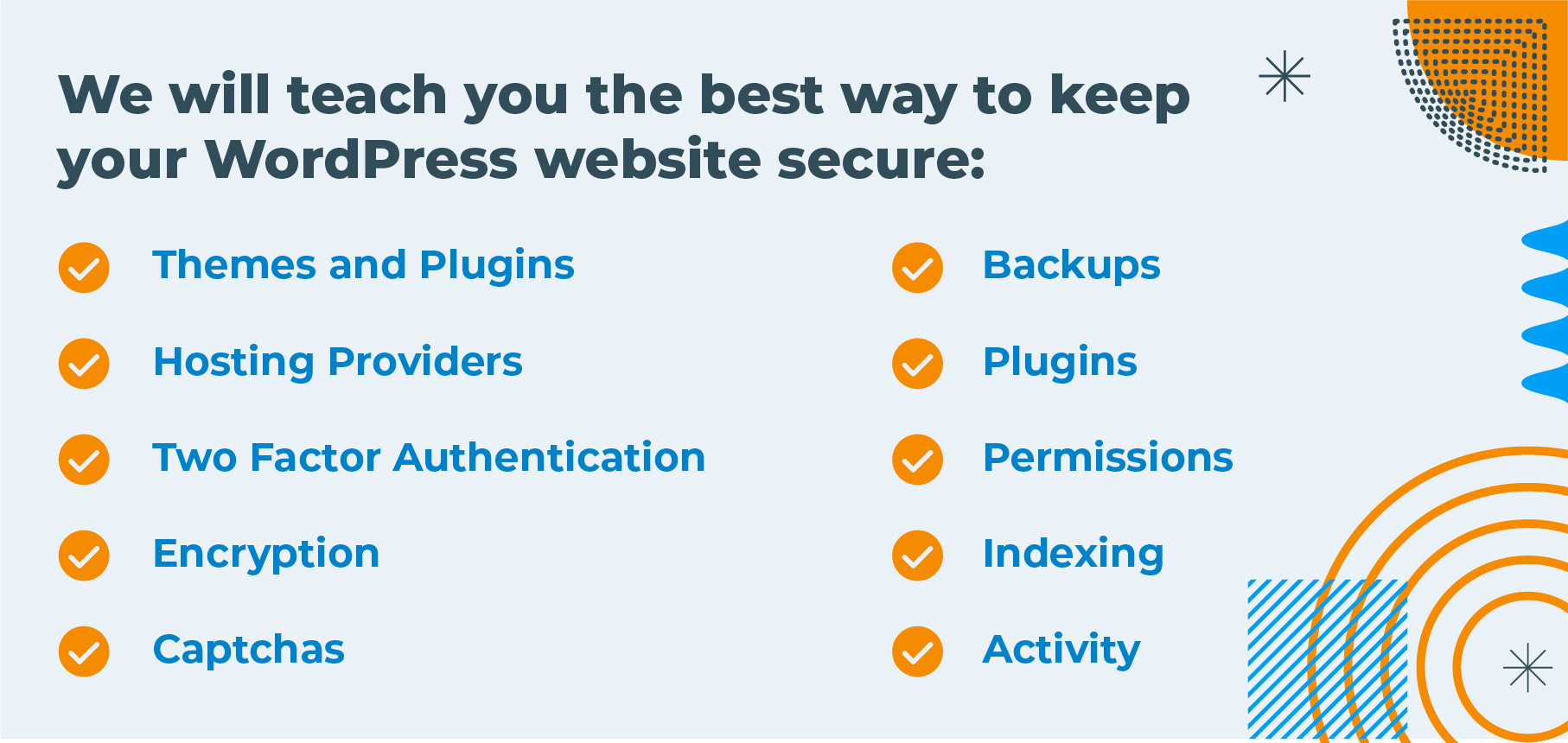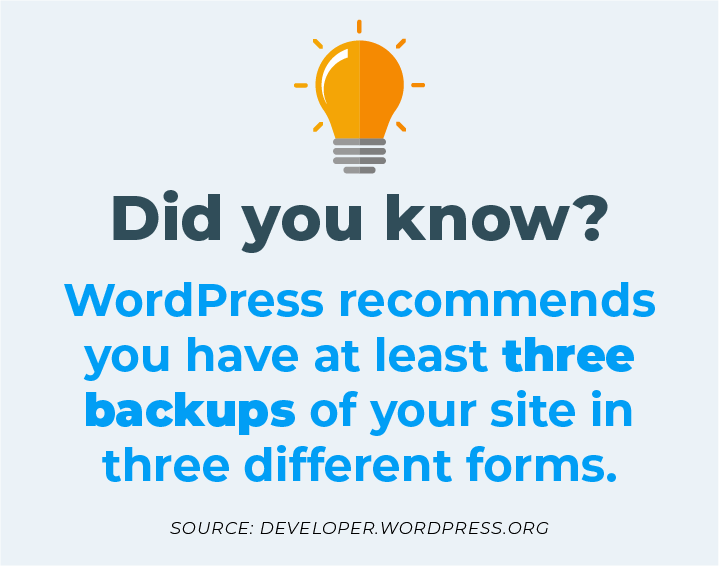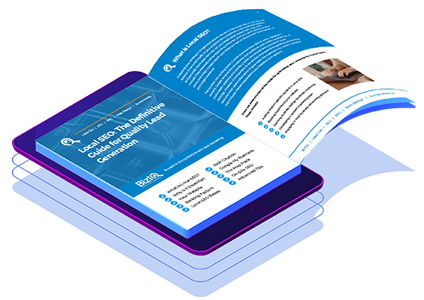Ensuring the security of your WordPress website is paramount. With cyber threats evolving constantly, implementing robust security measures is crucial to safeguarding your website and sensitive data. Adopting the best security practices is essential for optimal website protection, whether you’re a blogger, small business owner, or enterprise. This guide explores the top WordPress security best practices to help you fortify your website against potential threats.

1. Keep WordPress Core, Themes, and Plugins Updated
Regularly updating your WordPress core, themes, and plugins is fundamental to keeping your website secure. Developers often release updates to patch vulnerabilities and enhance security features. Set up automatic updates or regularly check for updates in your WordPress dashboard to ensure you’re running the latest versions.
2. Choose Reliable Hosting Providers
Opt for reputable hosting providers that prioritize security. A hosting provider with robust security measures, such as firewalls, malware scanning, and regular backups, can significantly enhance your website’s security posture. Consider using a managed WordPress hosting service offering specialized security features and support.
3. Implement Strong Passwords and Two-Factor Authentication (2FA)
Weak passwords are one of the leading causes of website breaches. Enforce strong password policies for user accounts, including a combination of uppercase and lowercase letters, numbers, and special characters. Furthermore, enable two-factor authentication (2FA) to add an extra layer of security, requiring users to provide a second form of verification to log in.
4. Enable HTTPS Encryption
Secure your website’s data transmission with HTTPS encryption. SSL/TLS certificates encrypt data exchanged between your website and users’ browsers, protecting it from malicious actors’ interference. Most hosting providers offer free SSL certificates, making implementing HTTPS on your WordPress site easy.
5. Limit Login Attempts and Use Captchas
Mitigate brute force attacks by limiting the number of login attempts allowed within a specified time frame. You can use WordPress security plugins to enforce login attempt restrictions and implement captchas on login and registration forms to deter automated bot attacks.
6. Regularly Back Up Your Website

7. Implement Security Plugins
Leverage WordPress security plugins to enhance your website’s security posture. Popular security plugins offer malware scanning, firewall protection, file integrity monitoring, and real-time threat detection. Choose a reputable security plugin and configure it to suit your website’s specific security needs.
8. Secure File Permissions
Set appropriate file permissions on your WordPress files and directories to prevent unauthorized access. Restrict write permissions on critical files and directories, such as wp-config.php and .htaccess, to ensure they remain secure. Regularly review and update file permissions as needed.
9. Disable Directory Indexing and Listing
Prevent unauthorized access to directories on your server by turning off directory indexing and listing. This prevents intruders from viewing the contents of directories and helps protect sensitive information from being exposed.
10. Monitor and Audit Website Activity
Stay vigilant against security threats by regularly monitoring and auditing your website’s activity. Watch for suspicious behavior in login attempts, file modifications, and plugin installations. WordPress security plugins often include activity logging features to help you track and analyze website activity.
Implementing these top WordPress security best practices can significantly enhance your website’s protection against potential threats. Remember that maintaining a secure website is an ongoing process that requires diligence and proactive measures. Stay informed about the latest security trends and continuously update your security measures to adapt to evolving threats. Prioritizing website security safeguards your data, helps build trust with your audience, and preserves your online reputation.
Don’t want to worry about your website security? Let us take care of it for you! Give us a call today!
Related Posts
- Affordable WordPress Maintenance Pricing for Optimal Website Performance
- Best WordPress Hosting for Business – Affordable and Reliable Solutions
- Top-Rated Managed WordPress Hosting Services for Small and Mid-Sized Businesses
- Step-by-Step Guide: How to Publish Your WordPress Site Easily and Effectively











